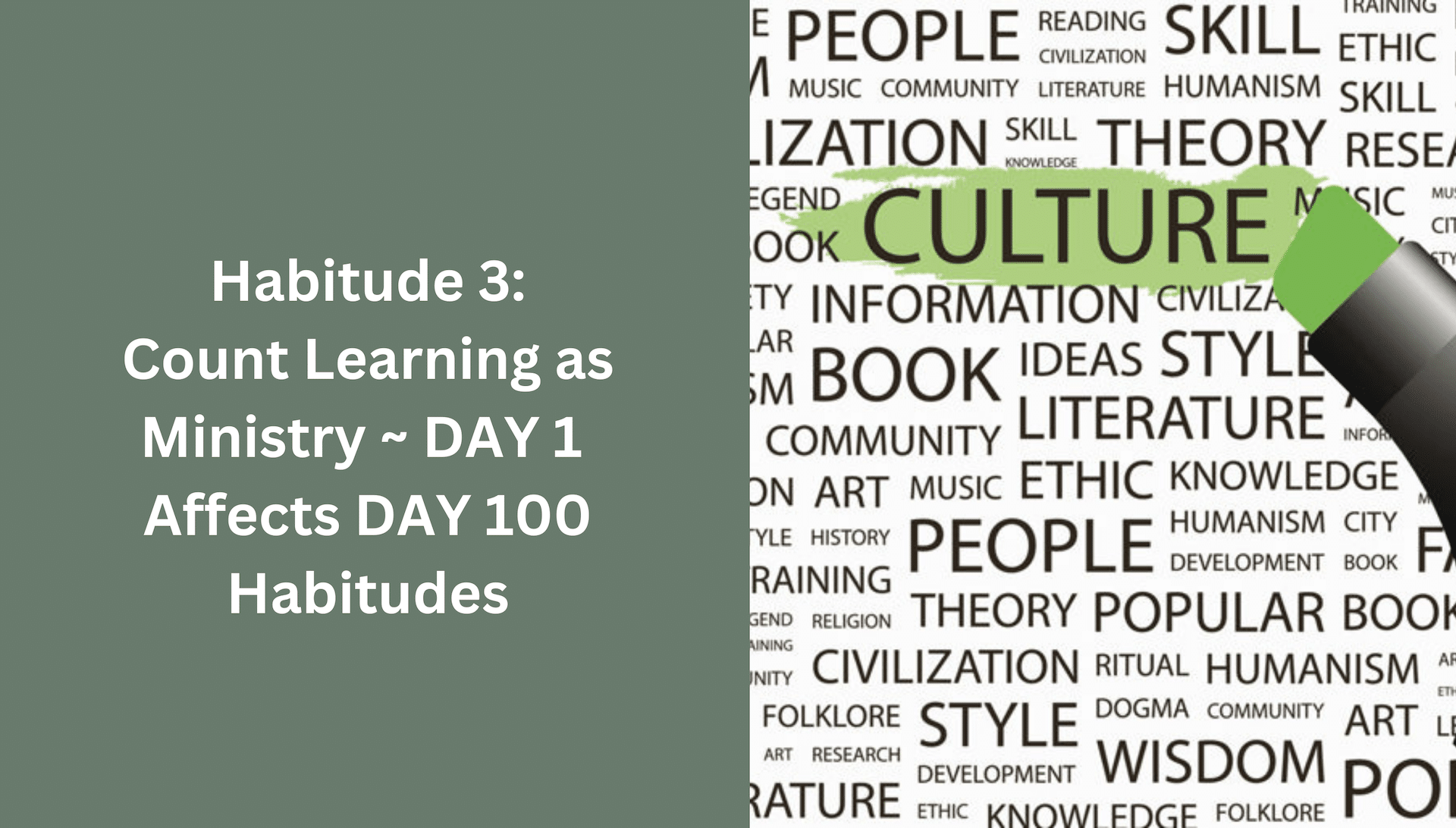By Jean Johnson
Cross-cultural learning is not a means to ministry; it is ministry. Learning is generosity—a gift to those we serve around the world.
Someone once asked me: “If you could redo your time in Cambodia what is one thing you would do differently?” I responded, “Do nothing but be and learn for at least two years; and keep in mind that I had lived with Cambodians for six years in the USA and spoke the language.”
Could you imagine my newsletters? Week 48 in Cambodia and I am just being and learning.
If Jesus had to write newsletters, He might have written something to this effect, After 30 years of learning to be a Jewish man in this cross-cultural context, I am ready to launch my mission—the ultimate reason I came here in the first place.
Jesus effectively packed in more success in those three years than the most brilliant person would in many, many lifetimes. Why is learning ministry? As cross-cultural disciple-makers, what we learn about the people and ourselves will empower us to connect God, the gospel, and discipleship to people at a worldview level, thus redeeming the worldview with the Kingdom of God. On the contrary, if we rely on our own worldview and experiences, we will make a superficial connection, and thus superficial disciples who turn back to their gods in a moment of crisis.
To Sharpen this DAY 1 affects DAY 100 Habitude:
1. Perceive cross-culture learning as generosity.
2. Value cross-cultural learning and teach those around you to value it.
3. In your communications, teach people what you learned and how it will help you connect the gospel and make disciples. This way people will cheer you on, rather than put undo pressure on you.
4. Avoid projects and formal ministry that suddenly create busy work—busy with organizing, scheduling, marketing, fundraising, budgets, meetings, hiring and firing, etc.
5. Try being in every level of society to learn at every level—spend ample time in the countryside, city, market places, schools, noodle shops, religious settings, crisis settings, and so forth.
6. If doable, live in the heart of a community or even with a local family. The more communal the atmosphere, the more you will learn. At the least, frequently stay over night in homes to learn about daily life in families.
7. Find a worldview research tool that empowers you to learn well.
8. Have many learning conversations with those who would serve as persons of peace.
9. Keep in mind, you can make disciples of Jesus through learning.
To revisit other DAY 1 affects DAY 100 habitudes go to: /blog/day-1-affects-day-100-habitudes/
DAY 1 affects DAY 100 is part of Five Stones Global’ branding and a quote from the book We Are Not The Hero: A Missionary’s Guide For Sharing Christ, Not a Culture of Dependency. A habitude is a mixture of a attitudes and habits.


